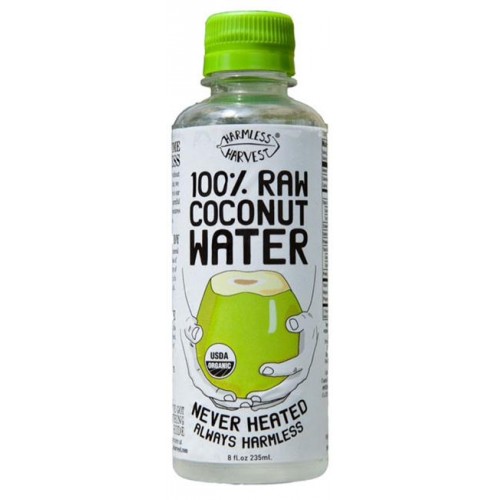

Making nutrient-rich compost goodness using excess plant materials-in our case: coconuts, coconuts leaves, and animal poo! This organic brew is great for feeding the tiny microorganisms, as well as encouraging carbon sequestration in the soil.Using crop covers to improve the soil’s texture and increase the amount of water it can retain, making it healthier and more fertile This also increases the amount of living roots that will help sequester carbon in the soil-keeping it out of the atmosphere.Some of these sustainable farming methods include: In other words: these farmers are helping nature take care of itself. The practices used in regenerative farming also aim to improve soil quality and enhance biodiversity, for a healthier farm ecosystem. We’re talking about not only reducing greenhouse gas, but sequestering excess carbon dioxide into the soil as well (preventing it from entering the atmosphere!). To make our products, we partner with regenerative farms in Thailand that utilize sustainable practices to get the job done-the benefits being a much lighter impact on people and the planet. Upcycling coconut meat into tasty new treats is huge, but that’s not the only way the coconuts we harvest get a second shot at greatness. That’s why reducing food waste is considered the single greatest solution to climate change. According to Project Drawdown, 8% of human-caused greenhouse gas ( meaning, carbon emissions created by human activities) come from food loss and waste. It may seem simple, but it has a big effect on our environment. When using young Nam Hom coconuts to make our pink organic coconut water, we take things to the next level by scooping excess meat and turning it into a tasty, non-dairy yogurt alternative and smoothies. So how do we upcycle at Harmless Harvest? By transforming coconut meat into so much more. This idea may be unique in our modern era, but in ancient times, it was standard practice to use every part of the plant you possibly could. The quick definition of upcycling is: using surplus food to create new products, and by doing so, preventing food from being wasted. Want to know why this is such a big moment? He’s a breakdown of why we’re celebrating. This major move puts us well on the way towards our ultimate goal of zero coconut waste to landfill by 2025, and is a victory for the planet as well. Product Of Thailand.We have news! Each of the products in our delicious smoothie and non-dairy yogurt families are Upcycled Certified (check out the UpCycled logo on our packaging!), meaning they are currently made using only upcycled coconut meat. This certification means we're serious about fair trade and social progress. We're not perfect, but we wake up every day with the intention of doing less harm and more good. They make sure we farm and bottle to the highest standards. We've got a whole team in Thailand where the coconuts grow. Naturally, we use this same process for our flavored varieties. Microfiltered For Taste: We spent years perfecting a unique extraction and filtration process to keep our coconut water tasting distinctly crisp and fragrant. in this case, with a splash of organic watermelon juice. Just a Splash: We love our coconut water just the way it is - but we're also not afraid to mix it up. Juice Beverage, Coconut Water & a Hint of Watermelon


 0 kommentar(er)
0 kommentar(er)
